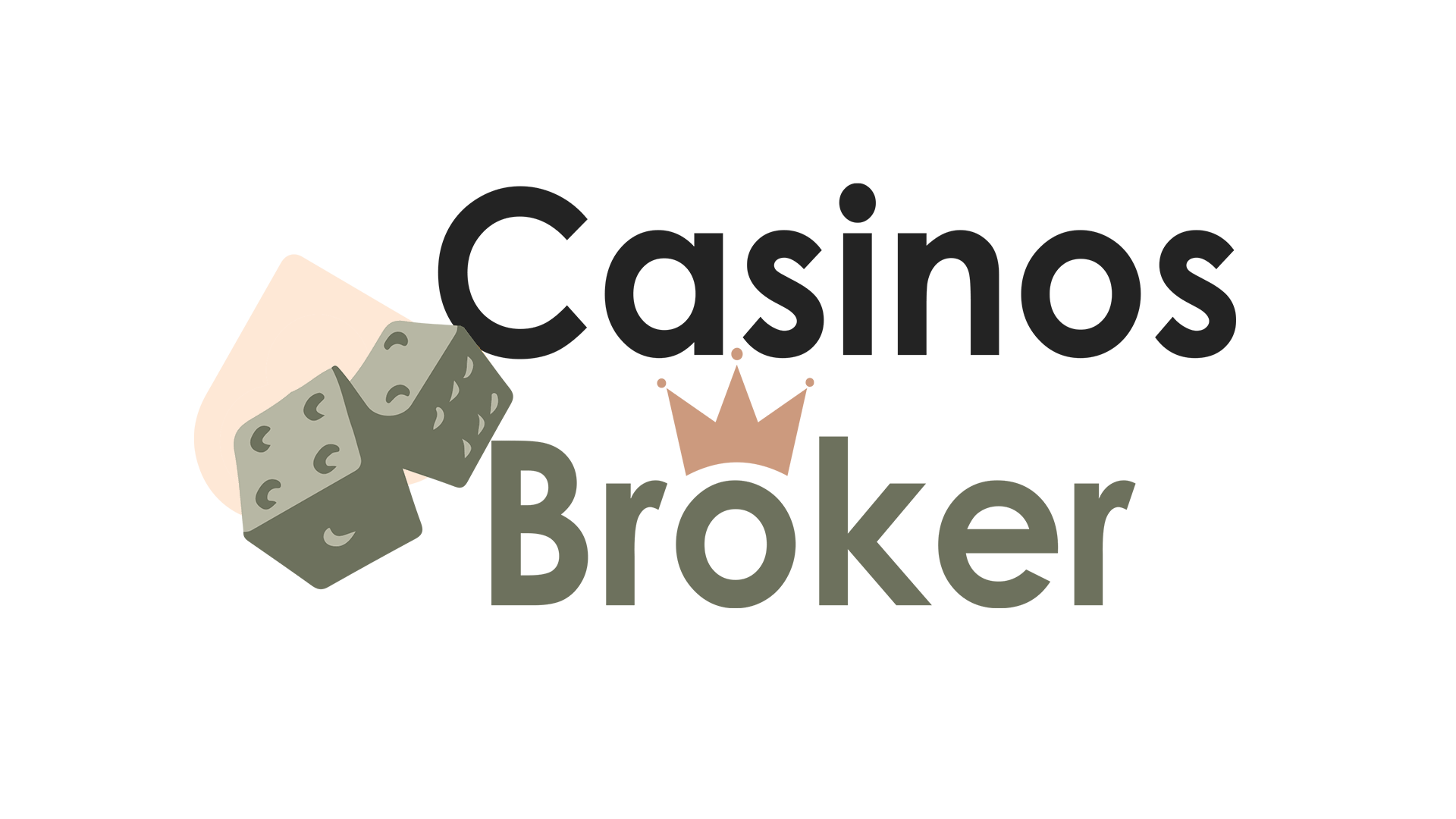Process for Screening Buyers When Selling a Business
1. Why a Formal Screening Regime Is Non-Negotiable
In regulated gaming, a buyer is not simply inheriting revenue streams; they are inheriting a licence footprint, AML responsibilities and the constant scrutiny of gambling authorities. Regulators from Malta to New Jersey reserve the right to reject—or revoke—an operator’s licence if the new owners fail a “fit-and-proper” test. Licence investigations routinely probe ultimate beneficial ownership, source of funds, and historic compliance records.
Against this backdrop, seller-side screening becomes more than good housekeeping; it is the first line of defence against a failed closing or, worse, a post-closing licence suspension. Contemporary M&A counsel now treat buyer vetting with the same rigour as a Tier-1 bank’s KYC review, combining financial diligence with reputational, regulatory and technical checks.
2. A Phased Framework That Respects Momentum and Confidentiality
Screening works best when information flows in controlled tranches. Releasing too much data too early scares off serious acquirers who have not yet formed conviction, while releasing too little prolongs timelines. The staged model below has become standard practice in iGaming deals worldwide:
| Phase | Buyer Deliverable | Seller Action | Primary Gatekeeper Question |
|---|---|---|---|
| Introductory | NDA + short buyer profile | Release teaser & high-level KPIs | “Is the party licensed or capable of licensure in core markets?” |
| Qualification | Long-form profile, PFS*, source-of-funds letter | Provide CIM | “Can they fund the minimum equity cheque and meet deposit thresholds?” |
| Indication | Indicative LOI with valuation range | Offer management call & data-room preview | “Does valuation align with fair-market comps?” |
| Confirmatory | Executed LOI, 60-day exclusivity | Open full VDR; schedule site visit | “Are there red flags in compliance history or tech stack?” |
| Closing | Definitive agreements; proof of funds; regulator pre-clearance | Prepare transition plan & licence notifications | “Will regulators sign off on ownership change?” |
*PFS = personal financial statement
3. Evaluating Motivation and Cultural Fit
Surface behaviours often reveal intent faster than spreadsheets. Seasoned sellers monitor three signals: (i) Response latency—buyers who answer data-room queries within 48 hours typically close 35 days faster than those who do not. (ii) Tone of questioning—probing risk is healthy, but reflexive criticism of every KPI usually masks lack of capital or conviction. (iii) Resource allocation—corporate or PE buyers who appoint a deal captain and gaming counsel early are rarely window-shopping.
4. Documentation Protocol and Timing
The practical rule is “confidential data follows commitment.” A professionally produced CIM should leave the seller’s desk within 24 hours of NDA execution; withholding it suggests disorganisation. Conversely, tax returns, processor statements and player-wallet ledgers stay locked until an LOI is on the table. In deals where the seller carries a note, bank statements and audited financials are required before exclusivity begins so that the seller can underwrite residual credit risk.
For cross-border acquisitions, add an AML attestation and a sanctions-screening certificate. U.S. regulators in particular have tightened AML oversight of casinos and online sportsbooks over the past year.
5. Managing Resistance and Other Red Flags
When a prospect refuses to complete a four-page financial statement—or balks at providing proof of gaming licence suitability—walk away. Time invested in such buyers rarely yields a closing. If, however, the buyer cites “internal policy,” offer a controlled site visit in exchange for escrowed diligence documents; genuine buyers comply because regulators require data parity.
6. Pros and Cons of a Rigorous Screening Programme
| Pros | Cons |
|---|---|
| Enhances probability of regulatory approval on the first submission. | Extends pre-LOI timeline if buyer has complex ownership tree. |
| Filters out capital-constrained bidders, protecting price integrity. | Potentially deters opportunistic bidders who might have offered a premium. |
| Reduces seller’s post-closing indemnity risk and holdbacks. | Additional legal cost for drafting phased disclosures. |
| Demonstrates professional governance, strengthening brand with licensors and PSPs. | May be perceived as “overbearing” by founders in less-regulated jurisdictions. |
7. Frequently Asked Questions
Q: Should I send the CIM immediately after an NDA is signed?
A: Yes. Speed signals professionalism, and buyers in 2025 expect a well-structured deck within 24 hours.
Q: How long from LOI to closing in iGaming transactions?
A: Two to four months is achievable when no licence transfer is required; six months is common when multiple jurisdictions demand prior-approval. Our 2024–25 median is five months.
Q: When do tax returns and processor statements enter the data room?
A: Only after the LOI is executed and exclusivity kicks in, unless the seller is financing part of the price.
Q: The buyer says an investor will fund the deal. What now?
A: Treat the investor as a co-principal: separate NDA, separate financial profile, and proof of gaming suitability.
Q: Is a verbal assurance of net worth enough?
A: No. Request written confirmation and reserve the right to verify with bank statements or escrowed funds.
Q: How many follow-ups before I archive a silent buyer?
A: Two emails and one phone call. Genuine acquirers respond; the rest will consume your runway.
Q: Asset deal or stock deal—does it matter for screening?
A: Absolutely. Asset deals let buyers isolate licences and avoid legacy claims, but regulators in most jurisdictions still vet the acquiring entity’s shareholders.
8. Key Take-away
Treat buyer screening as a regulatory compliance exercise wrapped in commercial pragmatism. The process should be phased, data-driven and unapologetically thorough. In the iGaming vertical, that diligence is not bureaucracy—it is deal insurance.


